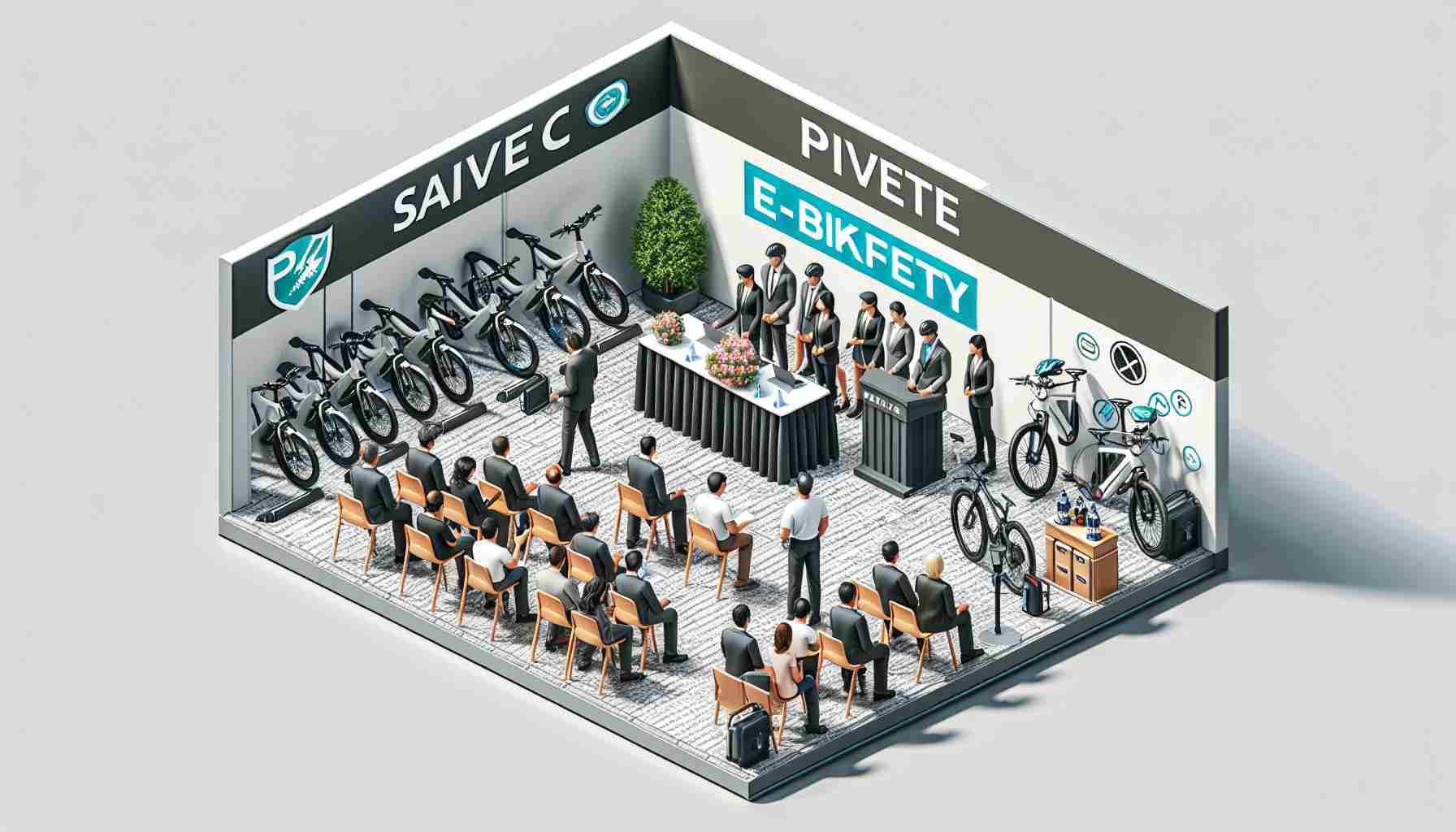As e-bikes gain popularity for their convenience and eco-friendliness, concerns about the safety of lithium-ion batteries used in these vehicles have come to the forefront. This issue is particularly pressing considering that not all batteries are manufactured to the same safety standards, potentially leading to dangerous situations. Unchecked corporate practices can often lead to subpar products reaching consumers, emphasizing the need for regulation.
In response, U.S. lawmakers are stepping in with proactive measures to enhance e-bike battery safety. Two bills, known as the Setting Consumer Standards for Lithium-Ion Batteries Act, are currently under consideration in both the U.S. Senate and House of Representatives. These proposed laws aim to empower the U.S. Consumer Product Safety Commission (CPSC) to establish mandatory safety standards for lithium-ion batteries utilized in micromobility devices.
Despite these well-intentioned initiatives receiving bipartisan support, a significant roadblock has emerged. Notably, a single senator has expressed opposition, stalling progress on these critical safety regulations. This roadblock highlights a troubling reality—political maneuvering can have serious ramifications for public safety, particularly when fire safety organizations are actively urging for reforms due to the alarming rise of battery-related incidents.
The urgency for tighter safety standards cannot be overstated, especially considering the distressing statistics of lithium-ion battery fires. Although some may resist change due to broader political motives, the risks posed by inadequate oversight are too significant to ignore.
As e-bikes continue to gain traction in the transportation sector, particularly in urban environments, the industry is witnessing remarkable growth. According to recent market forecasts, the global e-bike market is projected to surpass USD 38 billion by 2025, driven by escalating demand for eco-friendly transport options and advancements in battery technology. Trends indicate that the micromobility sector is evolving, with e-bikes emerging as a sustainable alternative to traditional vehicles, thus reducing urban congestion and carbon footprints.
However, issues surrounding the safety of lithium-ion batteries remain a critical concern. Recent incidents involving battery fires have prompted growing scrutiny and demand for enhanced safety measures. These batteries, while lightweight and efficient, can pose serious hazards if not manufactured to stringent safety standards. The lack of regulation in the production of these batteries may lead to significant variations in quality, posing potential risks to consumers.
The proposed Setting Consumer Standards for Lithium-Ion Batteries Act represents a crucial step towards addressing these safety issues. Should these bills pass, the U.S. Consumer Product Safety Commission (CPSC) will have the authority to impose mandatory safety guidelines specifically targeting the production and performance requirements for lithium-ion batteries used in e-bikes. This is expected to foster accountability among manufacturers and improve overall safety for consumers.
Despite the bipartisan support for these legislative measures, challenges remain. The dissent from a single senator showcases the complexities of political dynamics which can impede the passage of critical safety regulations. This situation underscores a broader issue within the industry, where political maneuvering can overshadow urgent public safety concerns, especially in light of recommendations from fire safety organizations that highlight the alarming frequency of battery-related fires.
Moreover, it is essential to recognize that as the popularity of e-bikes grows, so do the potential risks associated with their operation. Manufacturers and industry stakeholders must prioritize safety and accountability to mitigate concerns regarding battery performance and reliability. The broader industry landscape will also see a continuous push for innovation, focusing on the development of safer battery technologies and alternative energy solutions.
To explore more about the e-bike industry and its developments, you can visit TechCrunch for the latest technology insights, or check out Bike Magazine for updates on biking trends and safety developments.







